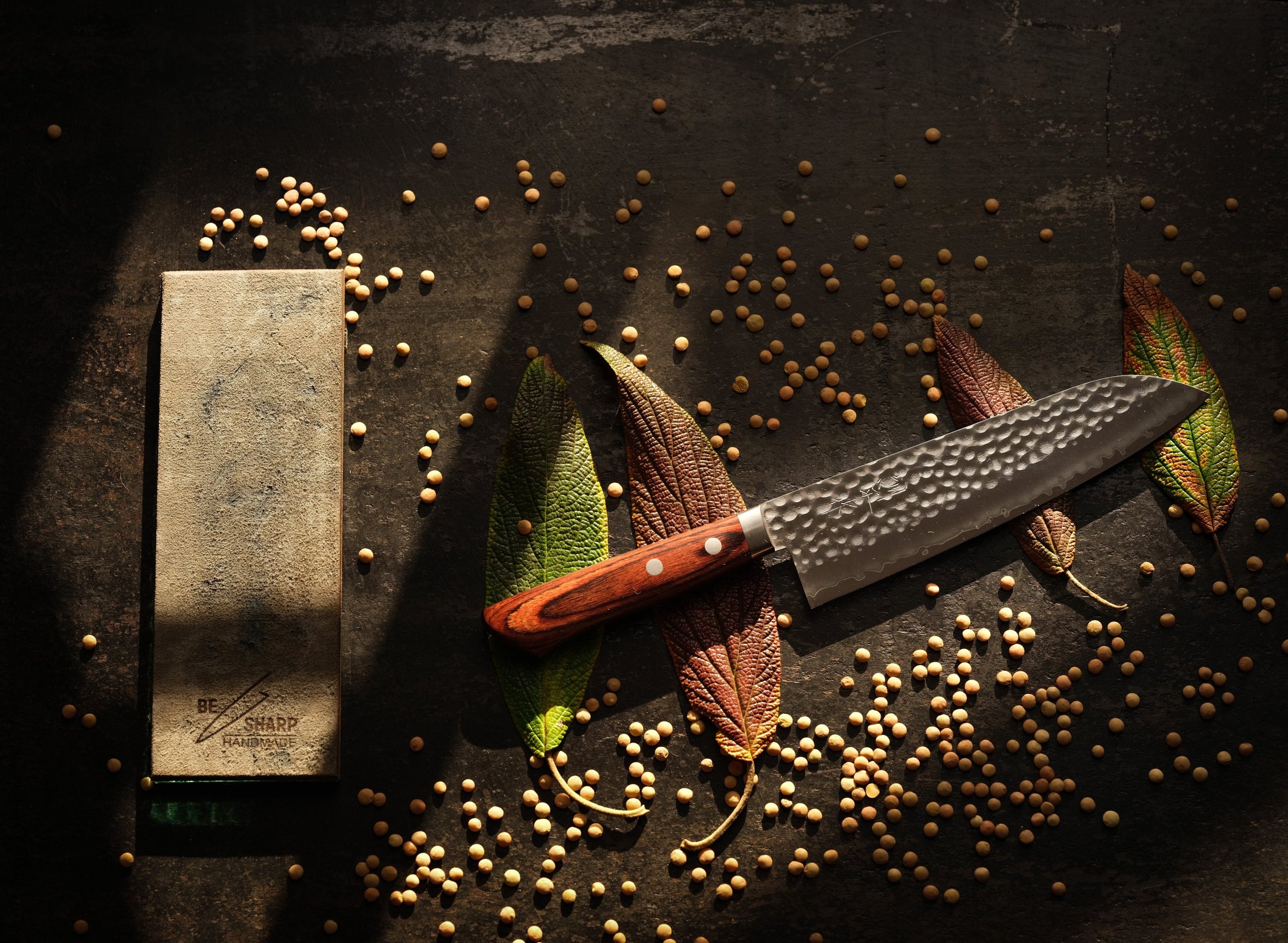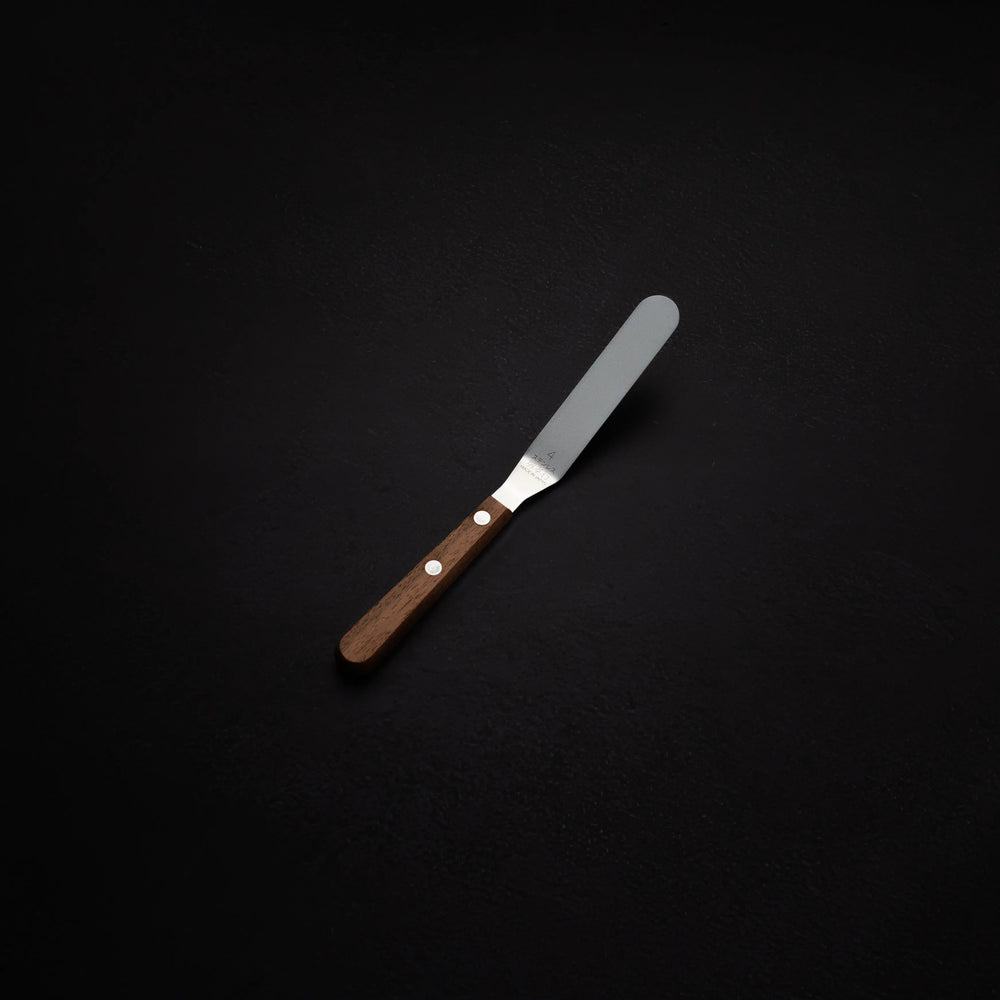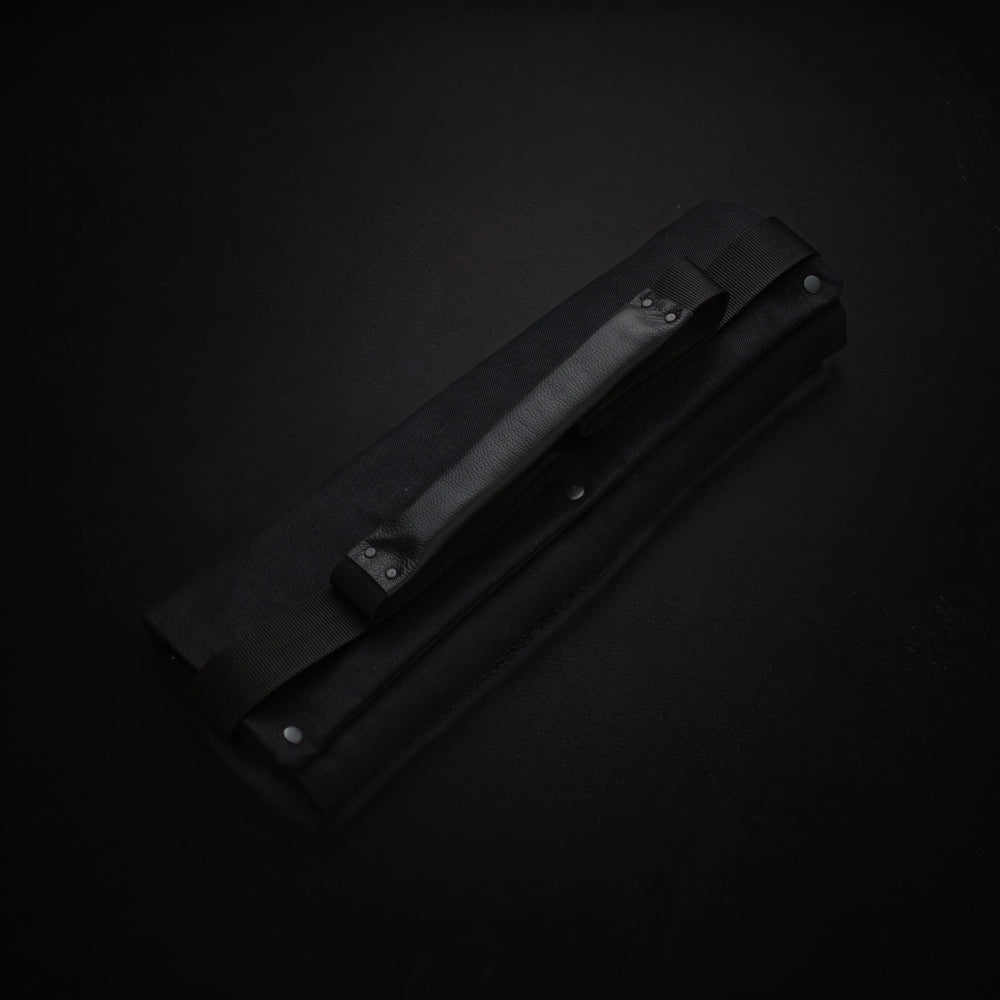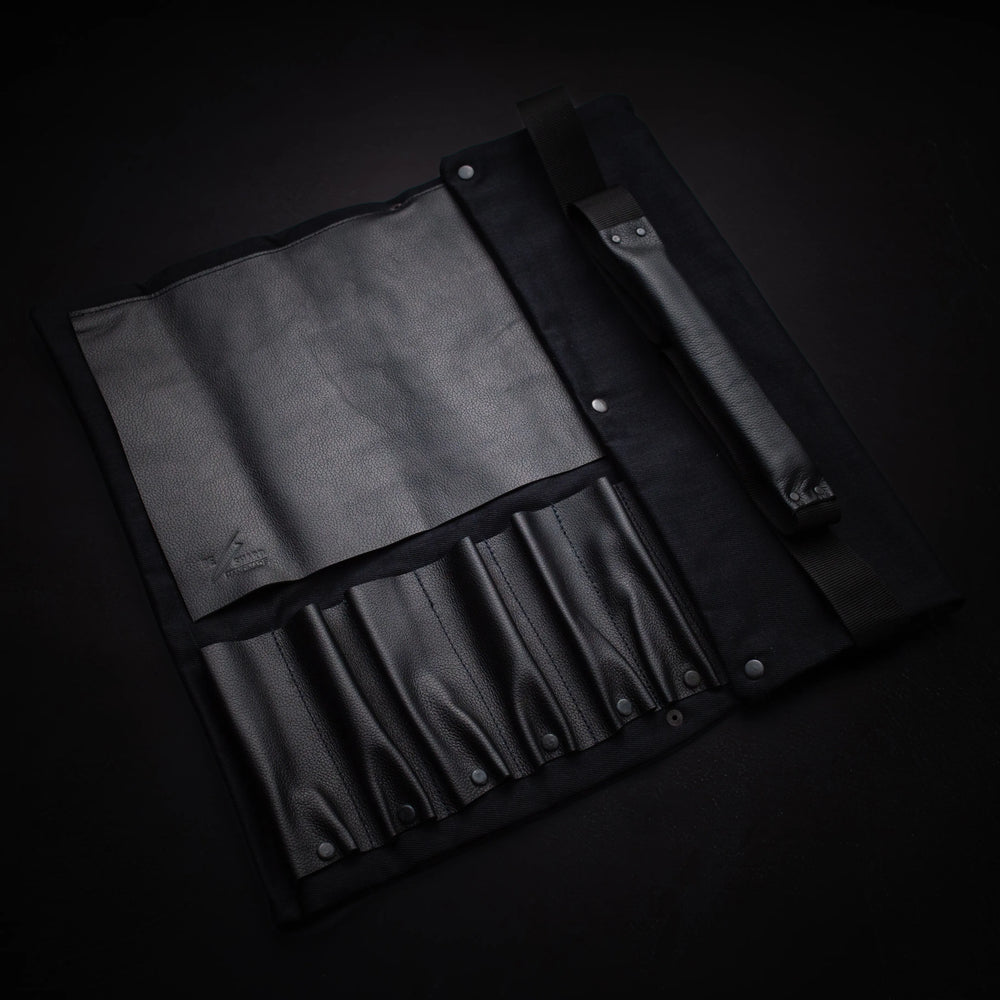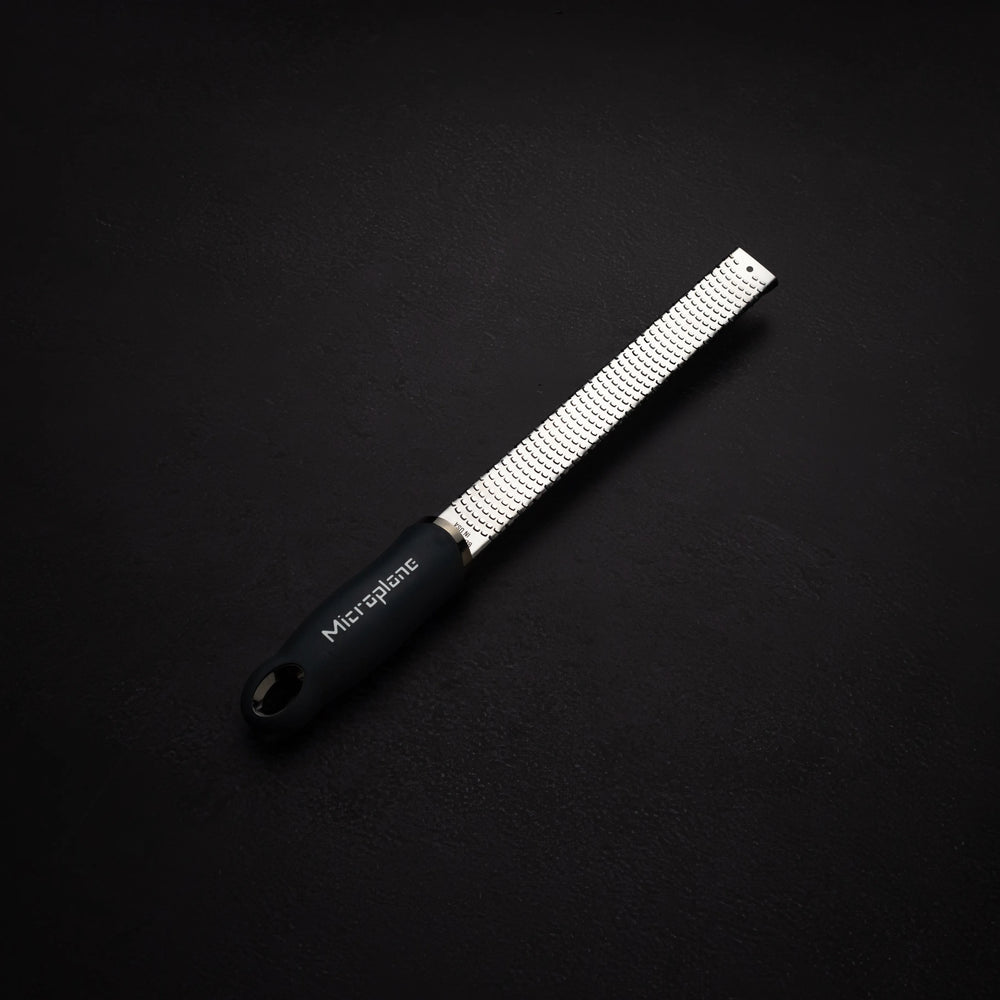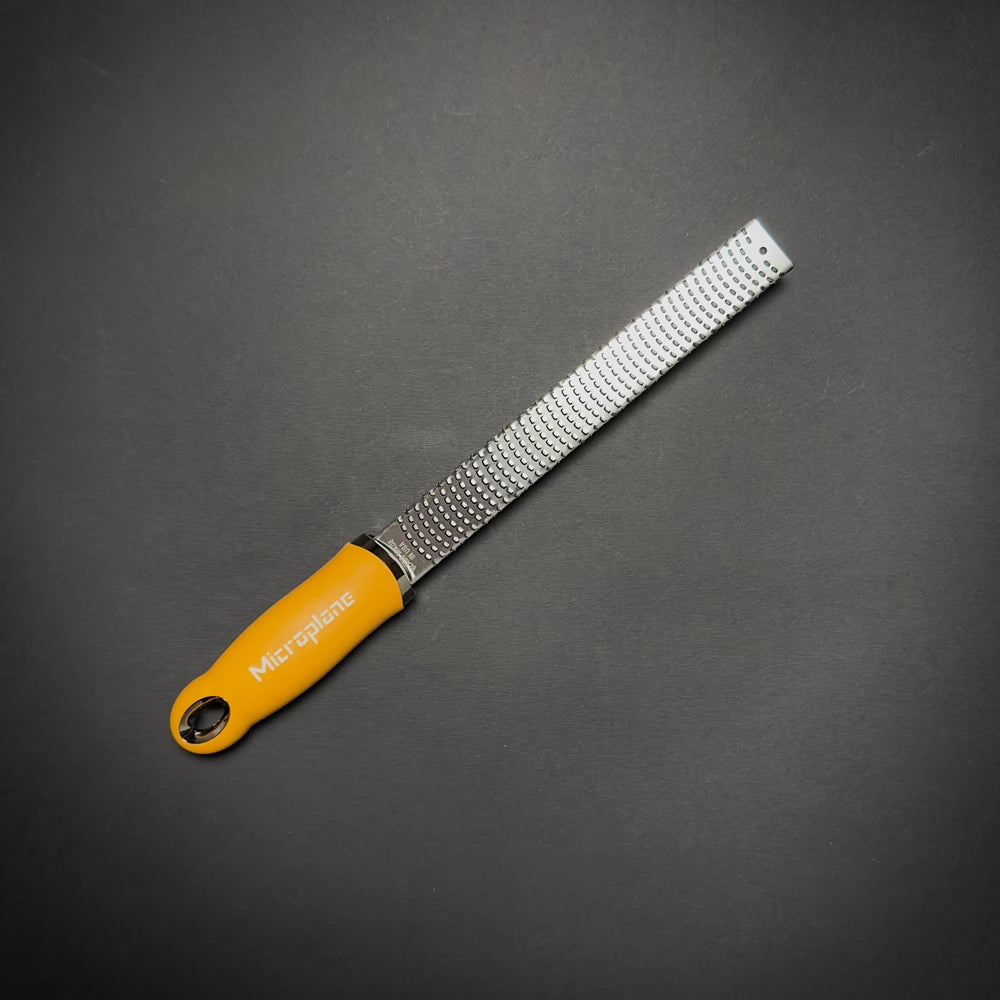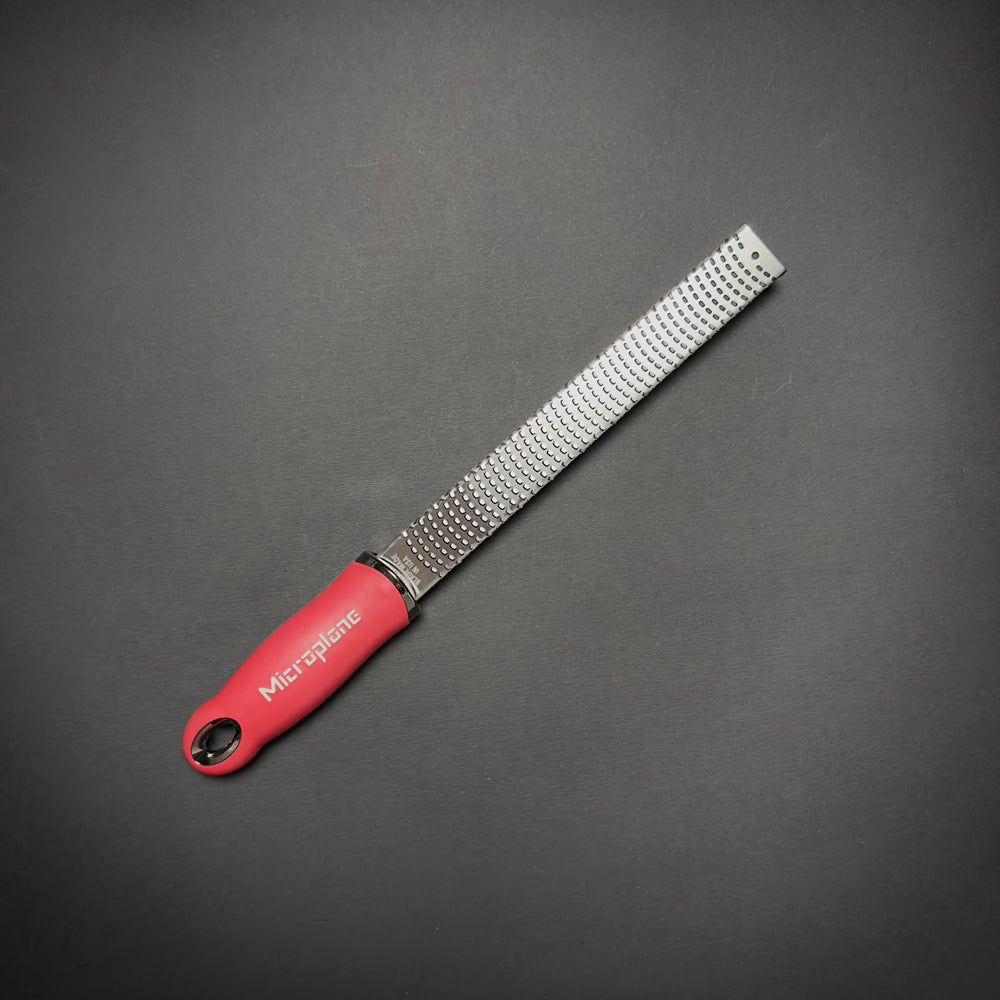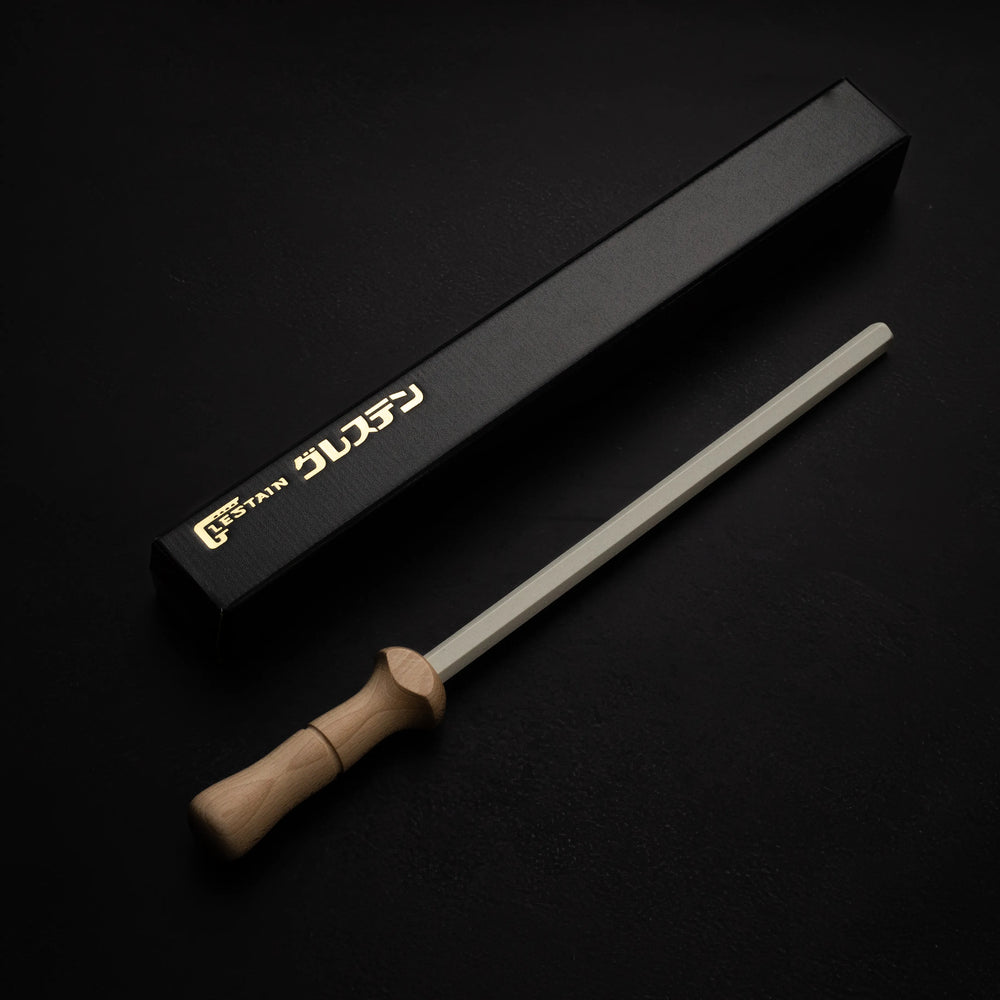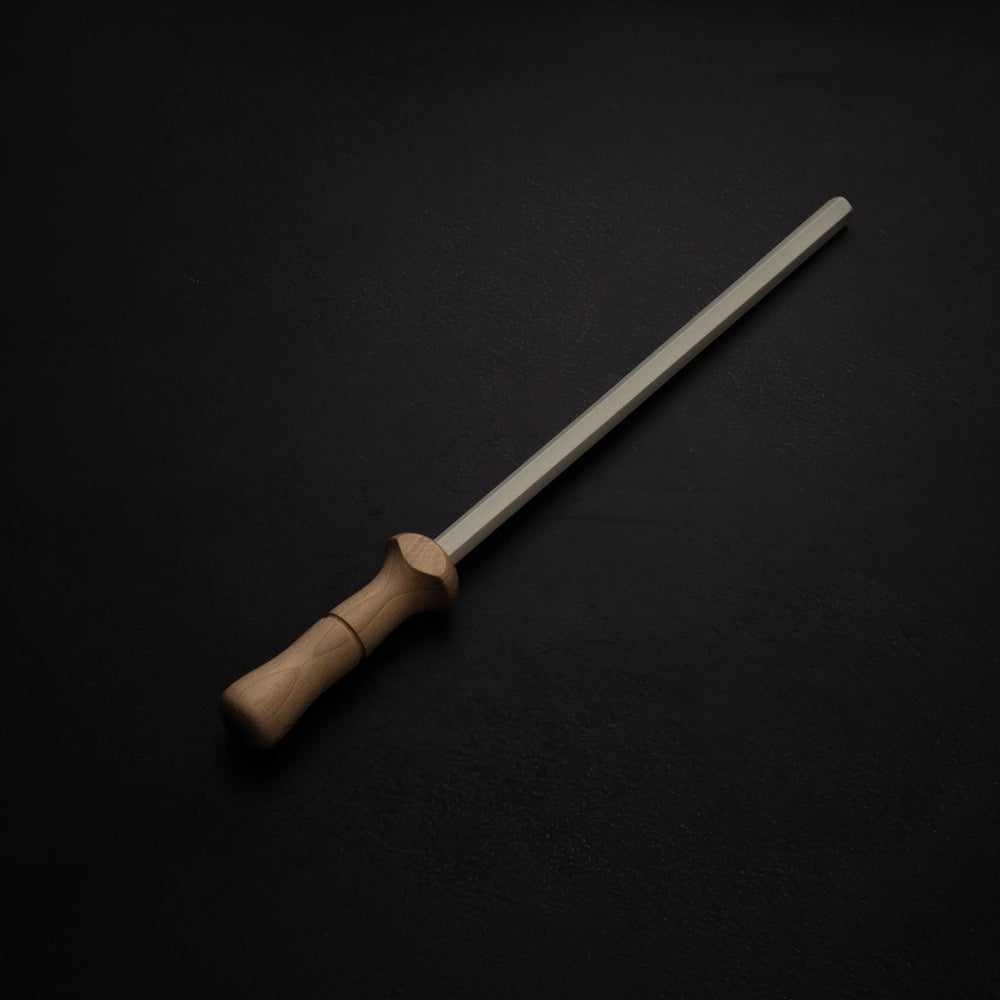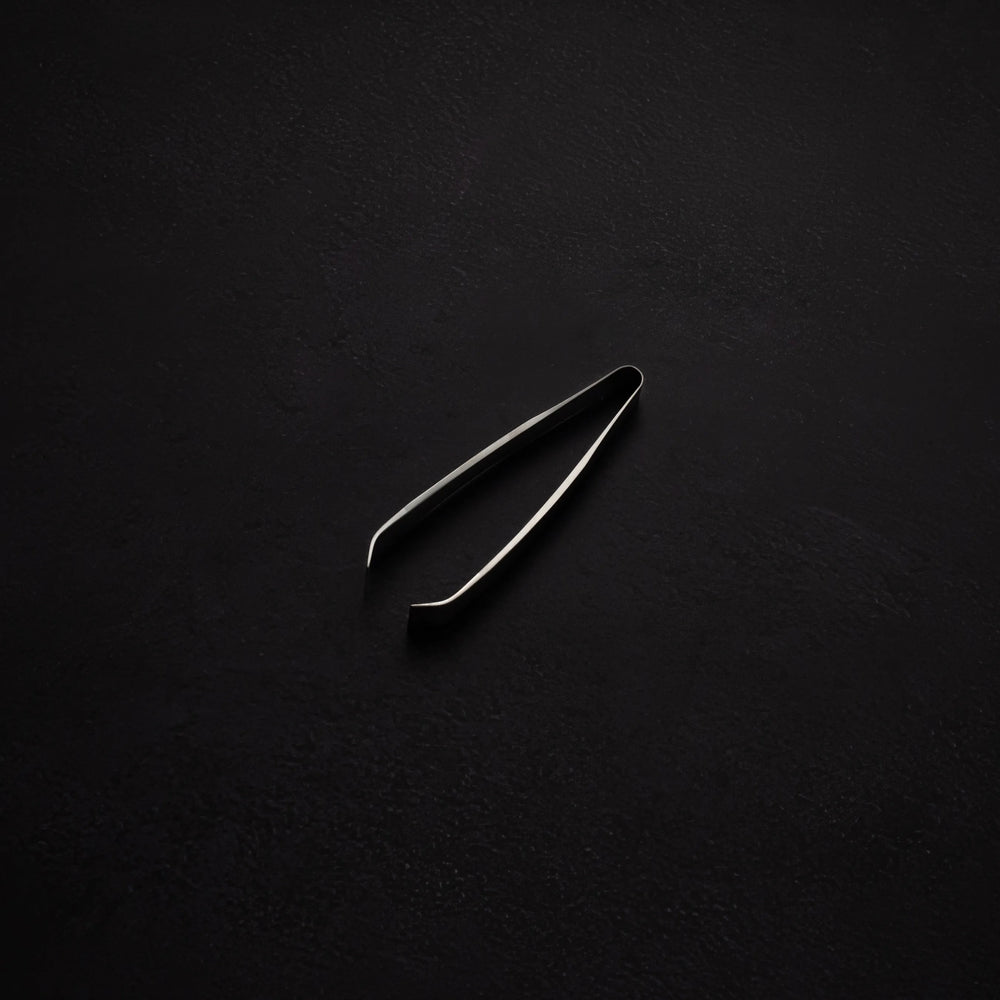Tosa Binchotan coal - 1kg
Meet Japanese Binchō-tan - the original white charcoal.
It originates from the Edo period, and is made of Ubame oak wood. It got its name from its white color during the combustion process. Today, real binchotan charcoal is produced in only 3 regions, one of which is Tosa - here charcoal has been made the same way for centuries using wood from the Shikoku region. Aside from its obvious uses, this charcoal is so pure that it is also used to filter water in Japan. Unlike other coals that contain about 70% carbon, real Binchotan contains as much as 97%.
A favorite among chefs around the world, Binchō-tan burns at a lower temperature and longer than regular charcoal, leaving no unpleasant odors, making it ideal for retaining natural aromas.
Tosa Binchō-tan is perfect for our Konro grills , but can also be used in any other grill. Use it outdoors or in a well-ventilated area.
Be careful as many copies of Binchotan charcoal are replicated outside of Japan and sold as Japanese charcoal, but often contain chemical additives and are incomparably inferior products. Our Binchō-tan is 100% pure Ubame Oak from Shikoku and is considered the king of charcoals.
It can take up to an hour to light this coal, but patience is key because once lit it can retain heat for up to 6 hours! Avoid using petrol and similar lighting liquids as this can affect the taste of the charcoal.
Our Tosa coal is sold in one kilogram bags. If you need larger quantities, please contact us in advance.
Country of origin: Japan
If you are buying your first Japanese knife, the advice is to choose a multifunctional blade shape that will cover the widest range of your needs in the kitchen. This includes Gyuto, Santoku and Bunka. The rule is that bigger people need bigger knives and vice versa.
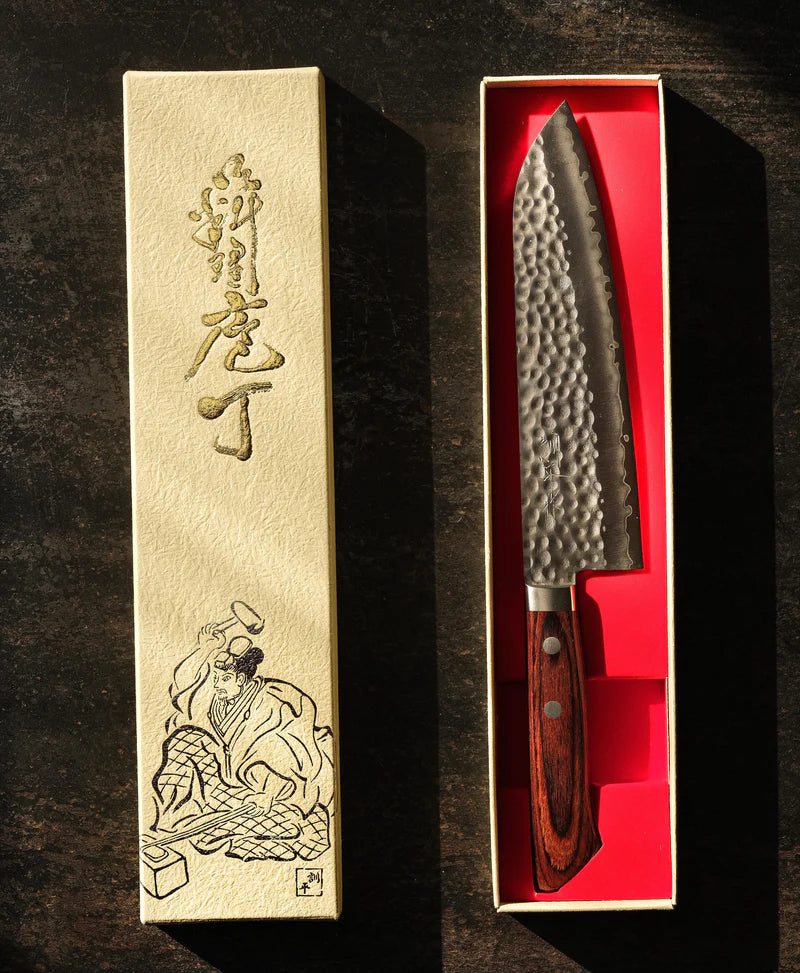
Although in the culture of the Far East it is not recommended to give a blade as a gift because of the connection with cutting off good relations, they also could not resist the perfection of such a gift, so they devised a "trick" that allows them to gift knives without problems. Just ask for one coin from the person receiving the gift and in the eyes of strict superstition spirits it will be a fair exchange. Now no joke, a knife is a gift that unlike other transient things will be remembered forever because it will serve forever.
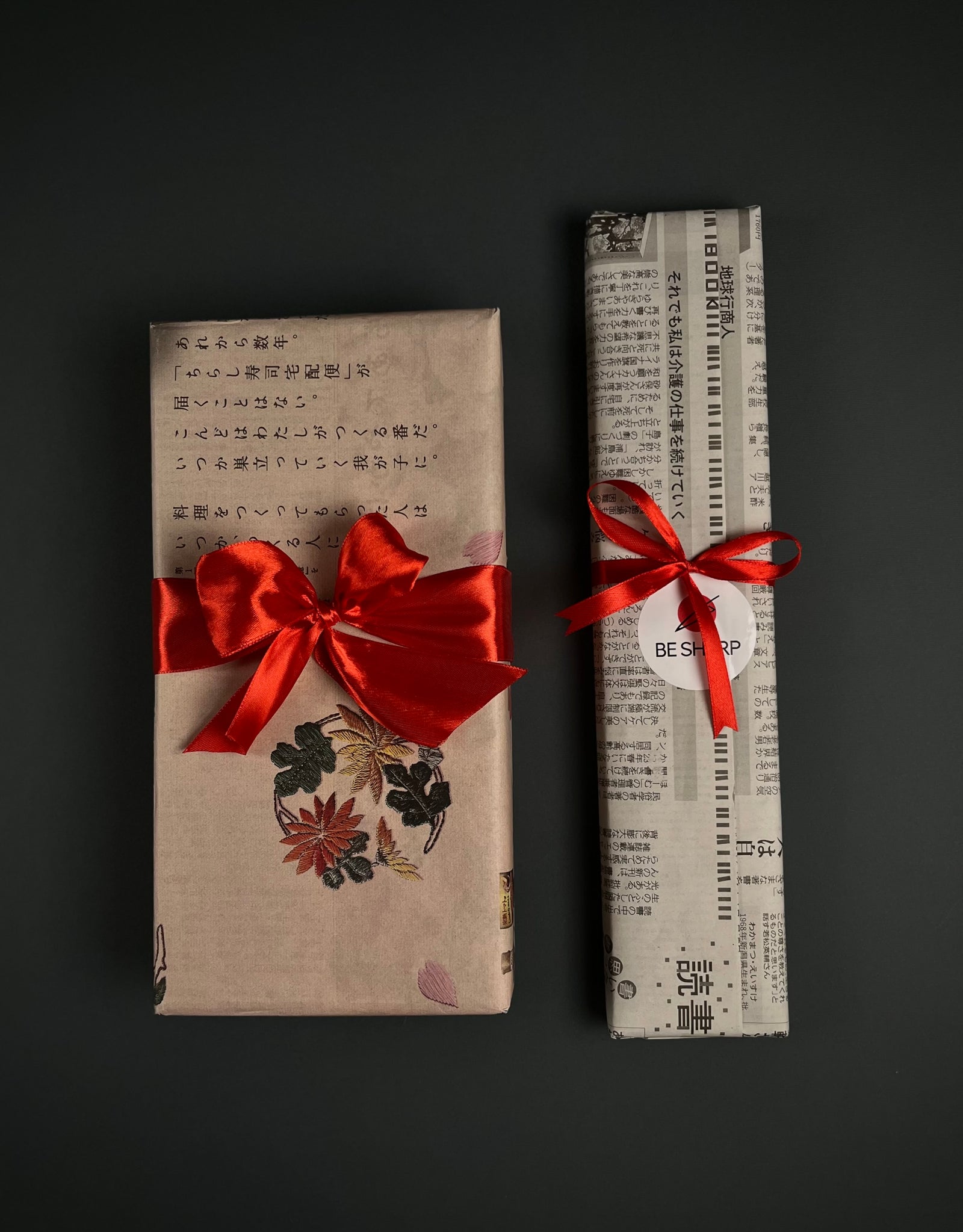
We recommend for you:
